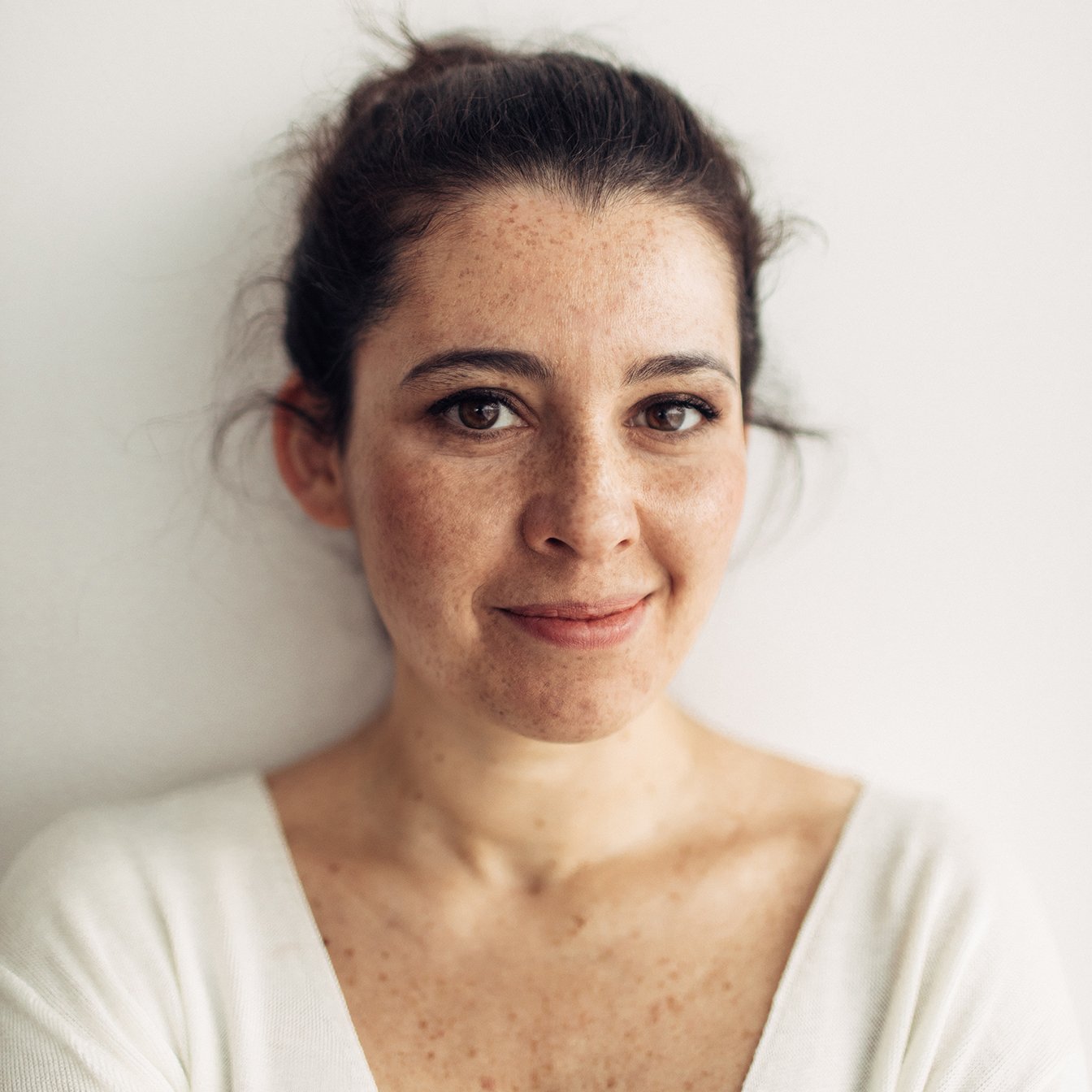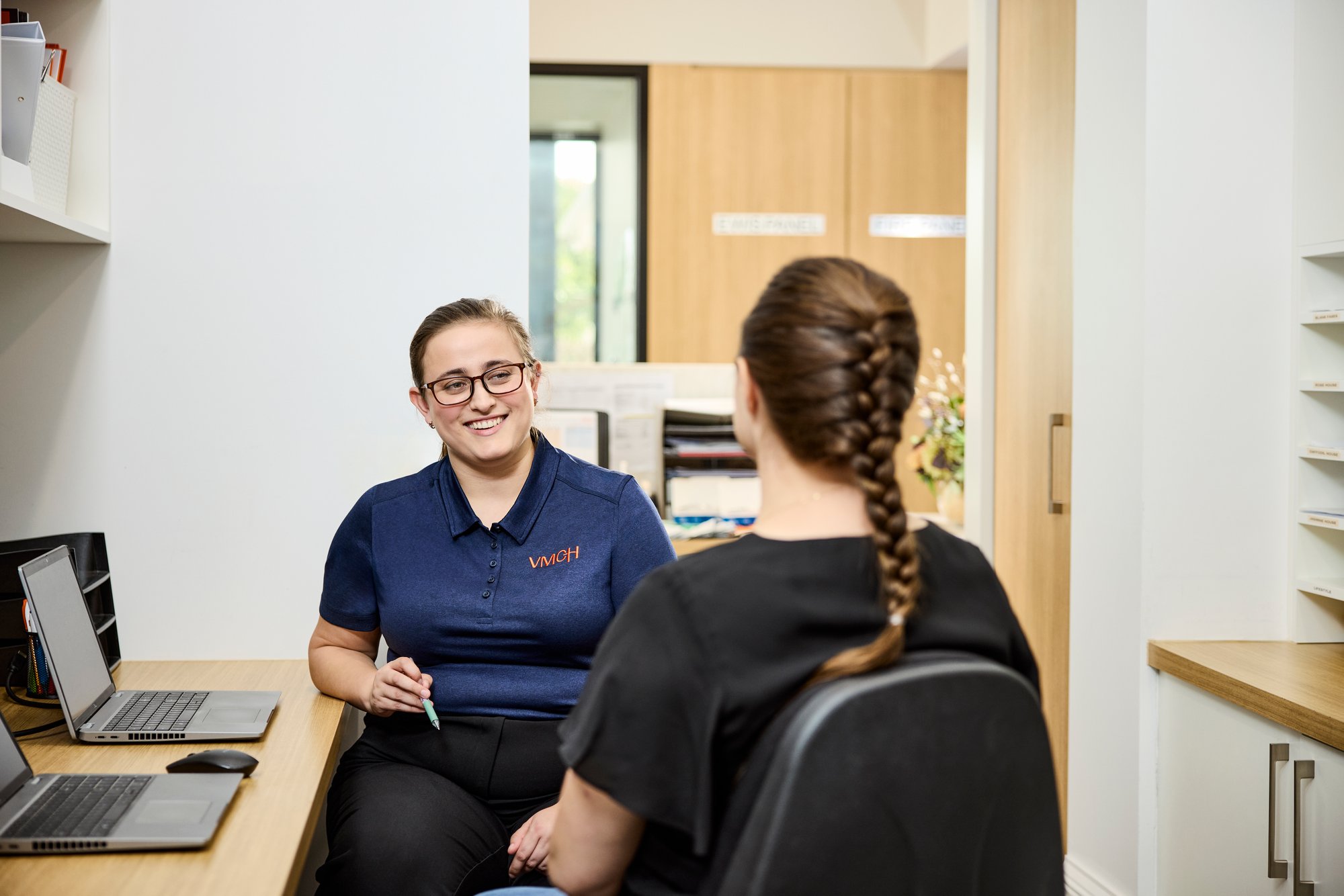

Do you know or consider yourself a Young Carer?
So, let’s work out if you are a carer and whether we can help you.
Ask yourself the following, do you ever:
- Help take care of someone in your home who lives with a disability, chronic or mental illness, who is frail aged or has an alcohol or drug problem?
- Worry about leaving the person you care for at home alone?
- Get a sore back from lifting the person you care for?
- Feel like you sometimes don’t get to do regular stuff with your friends?
- Feel too tired to hang out with your friends or do school work?
If you have answered yes, please keep reading as we’d love to get in touch with you.
We want to help you
We understand that you have a lot of responsibilities as a Young Carer, between juggling school or university, hanging out with friends, maintaining a social life and caring for a loved one. So, acting your age can be a slight challenge.
We want you to live your life to its fullest and that means looking after yourself and your wellbeing.
So, this is where we come in. Through our Young Carers Program we can provide you with assistance so you can have some valuable time out.

So, what’s next?
Our program is for young people who care for someone with needs including mental illness, dementia, disability, chronic condition, older people with care needs, people in palliative care.

Young Carers resources
If you’d like more information about Young Carers, head to the Young Carers Network. It's run by Carers Australia and is a place to learn about the services and resources available to you.
A not-for-profit supporting children and young people aged 8-25 who have family living with mental health challenges. Contact 1800 973 444
Get your Disability Services questions answered
The NDIS supports people with a permanent and significant disability that affects their ability to enjoy everyday life. It gives participants more choice and control over how, when and where their supports are provided.
You need to meet certain requirements to qualify for an individual support plan when it becomes available in the area where you live.
Eligibility requirements include:
- A participant must have a permanent disability that significantly affects their ability to take part in everyday activities
- You need to be aged less than 65 when you first access the scheme
- You must also be an Australian citizen, live in Australia and hold a permanent visa or a Protected Special Category Visa.
For more information on access requirements go to the NDIS Access Eligibility Checklist web page.
Early intervention requirements include:
- Child has an impairment or condition that is likely to be permanent
- Child is under six years with a developmental delay which results in substantially reduced functional capacity in one or more areas of self-care, language, cognitive and motor development
- There is evidence that getting supports now will help a child by reducing how much assistance they will need in the future, it will help family and carers keep helping the child.
The NDIS website also has more information about early intervention access requirements.
The NDIS takes a flexible, whole-of-life approach to working with individuals and their family to develop a plan about what support they need to enjoy life, live independently and achieve their goals.
It provides participants with more choice and control over how, when and where their supports are provided.
It also provides certainty that they will receive support over their lifetime.
The NDIS will fund reasonable and necessary supports that help participants achieve their goals.
This may include:
- Daily personal activities
- Transport to participate in community, social, economic and daily life activities
- Workplace help so a participant can successfully gain or keep employment
- Therapeutic supports including behaviour support
- Help with household tasks
- Help from a person skilled in aids or equipment assessment, set up and training.
- Home modification design and installation, mobility equipment, vehicle modifications.
Under the NDIS Act, a support will not be funded if it:
- Is not related to the participant’s disability
- Duplicates other supports already funded by a different mechanism through the NDIS
- Relates to day to day living costs that are not related to a participant’s support needs, or
- Is likely to cause harm to the participant or pose a risk to others.
We have staff who are experts in the planning process. They can provide advice to assist you to make the most of your plan.
The NDIA has prepared the NDIS Planning Workbook, which can be found on the NDIS website.
Call our NDIS experts today
Or contact the NDIS
https://www.ndis.gov.au/contact
1800 800 110*, 8am to 5pm (AEST) Monday to Friday
For people with hearing or speech loss, TTY 1800 555 677
Speak and listen, 1800 555 727
For people who need help with English, TIS 131 450
*1800 calls from fixed lines are free. Calls from mobiles may be charged.
To find out more about VMCH Disability Services programs and our policies for clients and residents, please download our Client Handbook, which is also available in Easy English.














